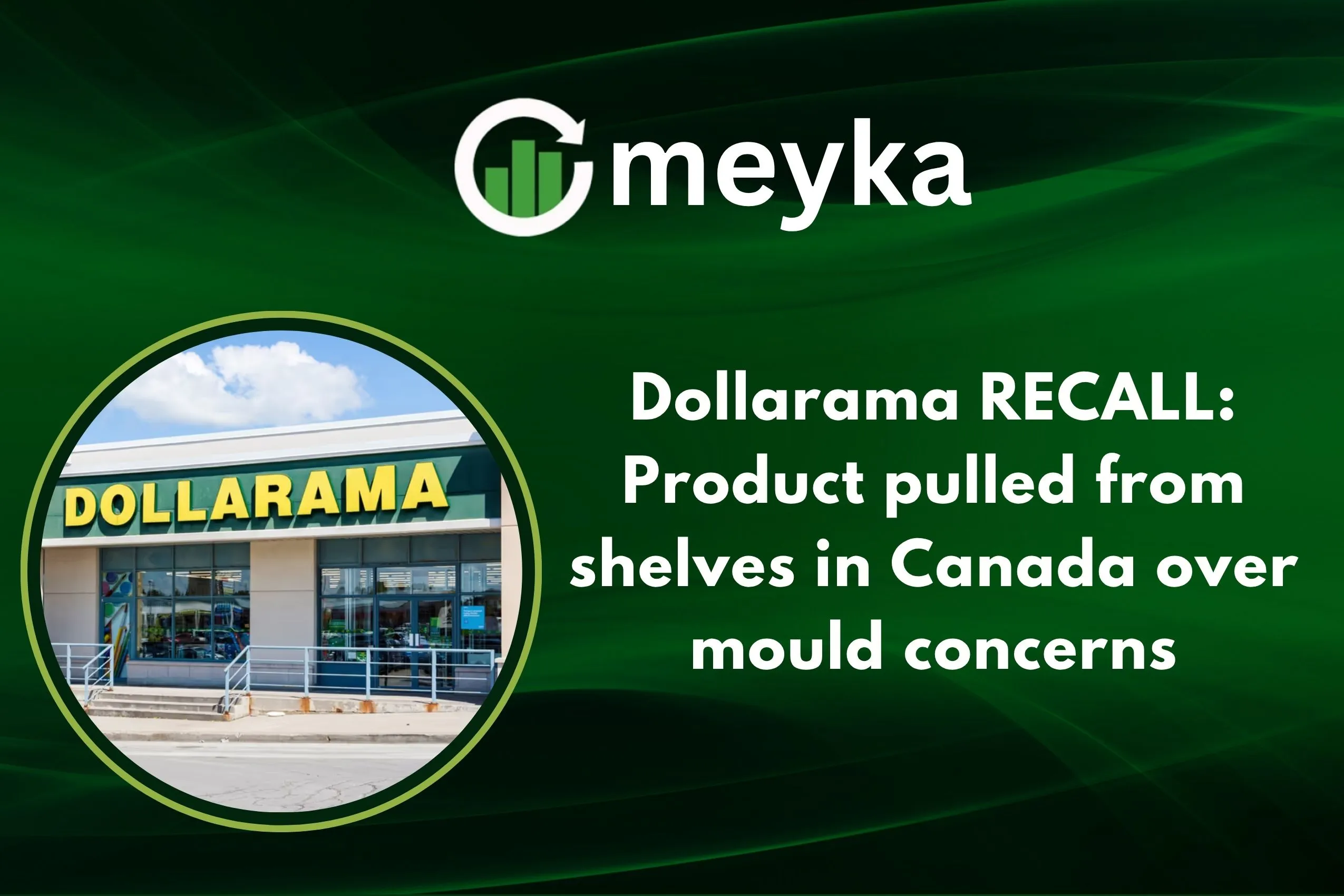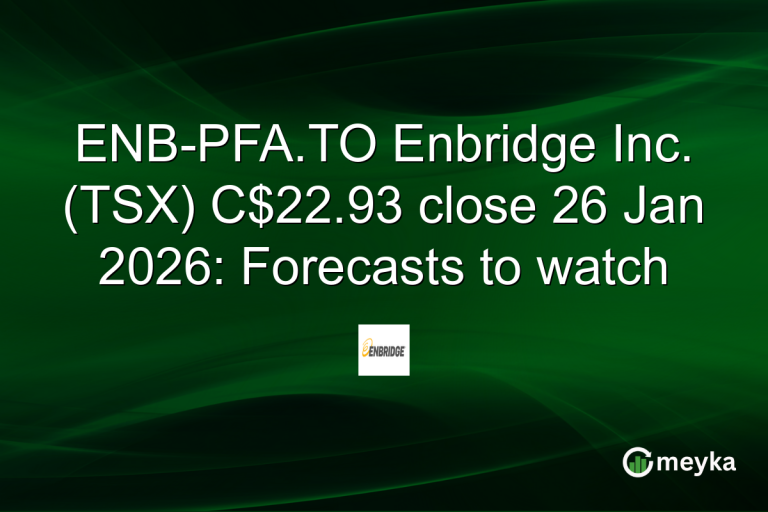Dollarama RECALL: Product pulled from shelves in Canada over mould concerns
We’ve just learned that a snack many of us might have picked up at Dollarama isn’t quite as safe as it seemed. On October 16, 2025, the Canadian Food Inspection Agency (CFIA) published a nationwide recall notice. The item in question is the Biskwi “Waffles with Chocolaty Filling” (180 g, UPC 6 67888 54812 5), sold across Canada through Dollarama stores. The reason? Evidence of mould contamination. Even though the risk is classed as low, this recall shows that snack foods in discount retailers still require our attention. We’ll explore exactly what happened, why it matters, how Dollarama and the regulators responded, and what big lessons we can take away about food safety and consumer trust.
Continue Reading on Meyka
This article is available in full on our main platform. Get access to complete analysis, stock insights, and more.
Read Full Article →





